Education in Central America and the Caribbean

Summary
Originally published in 1990. The Caribbean basin is an extremely diverse area in geographical, ethnic and cultural terms. Its educational systems, too, are remarkably varied, reflecting colonial and religious traditions as well as those of a broad range of post-independence movements. Even these show a pronounced merging of the home-grown and the foreign, with the influence of the superpowers never far away. This book comprises a number of case studies ranging across the Caribbean region. The contributors focus in particular on Puerto Rico, Cuba, Jamaica, the British Virgin Islands, Mexico City, Central America, Costa Rica and Venezuela. By assembling studies from diverse cultural and political traditions and networks, the book gives a more comprehensive Caribbean perspective on education than has hitherto been available.
Similar Books
-
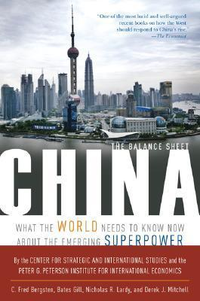
-
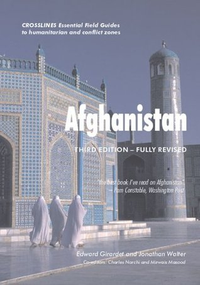 Afghanistan: Essential Field Guide to Humanitarian and Conflict Zones
Afghanistan: Essential Field Guide to Humanitarian and Conflict Zonesby Edward Girardet
-
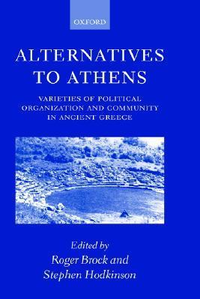
-
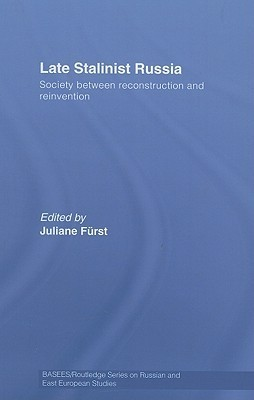
-
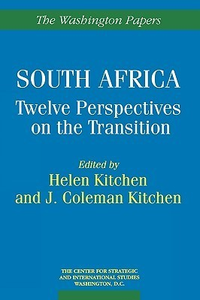 South Africa: Twelve Perspectives on the Transition
South Africa: Twelve Perspectives on the Transitionby Helen Kitchen
-
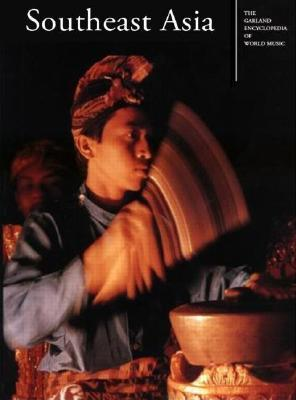 Southeast Asia: 4 (Garland Encyclopedia of World Music)
Southeast Asia: 4 (Garland Encyclopedia of World Music)by Terry E. Miller
-
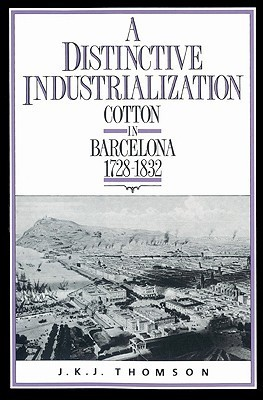 A Distinctive Industrialization: Cotton in Barcelona 1728–1832
A Distinctive Industrialization: Cotton in Barcelona 1728–1832by J.K.J. Thomson
-
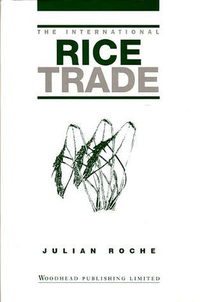 The International Rice Trade
The International Rice Tradeby Julian Roche
-
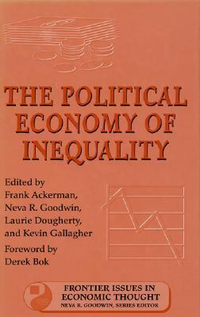 The Political Economy of Inequality (Volume 5)
The Political Economy of Inequality (Volume 5)by Frank Ackerman
-
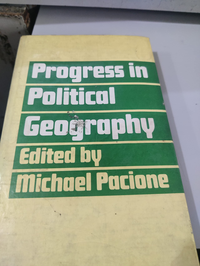 Progress in Political Geography
Progress in Political Geographyby Michael Pacione
-

-
 Historical Dictionary of Hungary
Historical Dictionary of Hungaryby Steven Béla Várdy
-
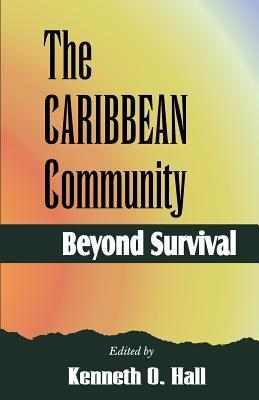 The Caribbean Community: Beyond Survival
The Caribbean Community: Beyond Survivalby Kenneth O. Hall
-
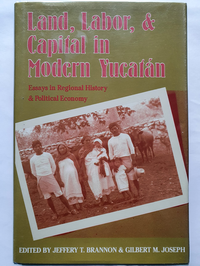
-
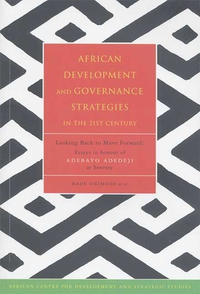
-
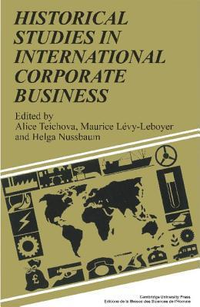 Historical Studies in International Corporate Business
Historical Studies in International Corporate Businessby Helga Nussbaum